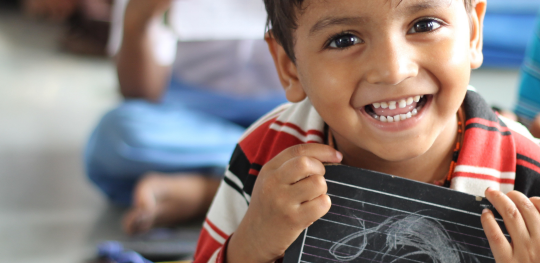Child-Sensitive Guides
When confronting topics are seen on the news, children may come to trusted adults for guidance. It is important that children can explore these topics in a safe space, as opposed to worrying and getting inaccurate information from the internet or friends. We have created these child-sensitive guides to help children understand these difficult topics, without being exposed to upsetting images and content on sites designed for adults.
As educators, do we tackle these issues at school? This is best decided by the teacher and their expertise on what is best for their class. Every class and community will be different. If students express an interest or a concern about something they have seen in the news, and it becomes a topic of conversation among students, then it can be best to address these in a safe space with teacher guidance.
Children who learn about these topics are witnessing history. While it can be confronting, there are ways we can gently support them. Children who are exposed to injustice are more likely to grow up to be empathetic adults. It is important to maintain balance when protecting children from what is happening in the world, and sheltering them from the challenges that children like them are facing every day.
How to Talk to Children About War and Conflict
A Save the Children psychologist provided these 5 tips for talking to children about war.
- Make time and listen – encourage them to tell you what they know, how they feel, and to ask you questions.
- Tailor the conversation to the child – older children will need more details, while younger children may be satisfied by understanding that sometimes countries fight. Begin with simple information as too much detail may overwhelm them.
- Validate their feelings – It is important that children feel supported in the conversation, they should not feel judged or have their concerns dismissed. When children have the chance to have an open and honest conversation about the things upsetting them, they can feel relief.
- Reassure them – Remind them that this is not their problem to solve. Adults all over the world are working hard to fix this.
Give them a practical way to help – children who have the opportunity to help can feel like they are part of the solution instead of feeling helpless. They could start a fundraiser, write letters to politicians, or create art calling for peace. Check out our A-Z of action here.
Considerations When Learning About War and Conflict at School
- Are there children who have experienced war or trauma that could be triggered by these topics? It is ok to check-in with them and check out our resources on trauma-informed teaching and on working with refugee background learners.
- Are there children whose families, or countries, are directly involved in the conflict or issue? Be sensitive and ensure no group feels ostracised or blamed. This may make the topic even more important to tackle in class, so that it is not addressed in the playground.
Keep checking in for more child-sensitive guides to global issues and conflict. We are currently working on a resource about the conflicts in Yemen, Syria, Tigray and Myanmar.


